|
|
|
|
The United Kingdom recently slashed its foreign aid budget in a move that will have massive implications for research funding. For example, the cuts mean that projects under the Global Challenges Research Fund, part of the UK’s official development assistance, are to be defunded. These projects bring together researchers from the UK and low- and middle-income countries to develop research-led solutions to pressing global issues, such as poverty, injustice and climate change. Wangu Kanja, Heather D. Flowe and Nic Cheeseman explain how this decision will affect their own work, which focuses on ending impunity for sexual violence in Kenya.
Late last year the world began to breathe a sigh of relief as the development of vaccines against COVID-19 began to get traction. But then new genetic variants of the coronavirus began to emerge. Some have the potential to sidestep the vaccine defences being built. That’s why a high-level international expert group argues that we can no longer win the upper hand with vaccination alone. We must continue to wear masks and practise social
distancing.
Nevertheless, as Ahmed Kalebi explains, vaccination drives remain vital. He outlines what could happen if some countries don’t vaccinate their people.
|
Moina Spooner
Commissioning Editor: East and Francophone Africa
|

|
|
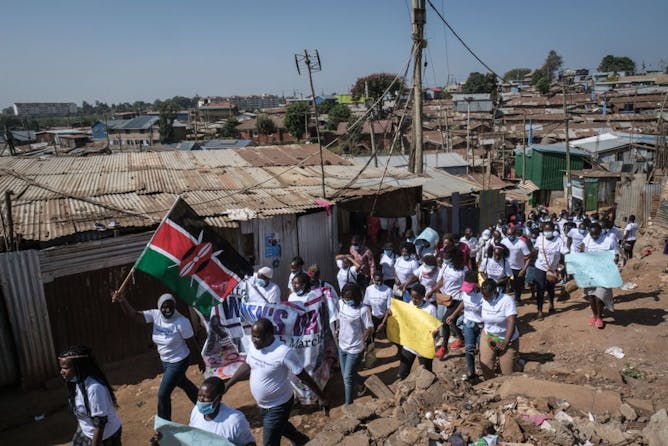
Human rights defenders speaking out for women march through an informal settlement in Nairobi.
Photo by Yasuyoshi CHIBA / AFP
Wangu Kanja, University of Birmingham; Heather D. Flowe, University of Birmingham; Nic Cheeseman, University of Birmingham
Removing funding from research-led projects puts people in highly vulnerable situations.
|
|
|
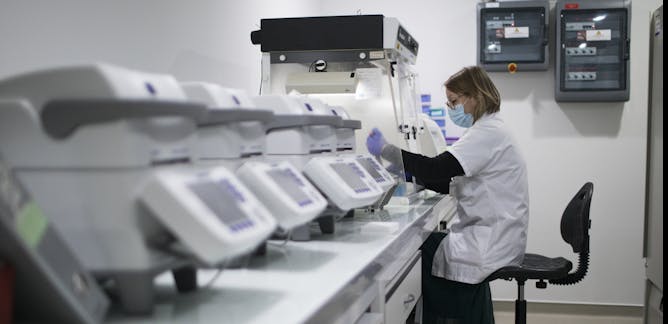
Susan Michie, UCL; Chris Bullen, University of Auckland; Jeffrey V Lazarus, Barcelona Institute for Global Health (ISGlobal); John N. Lavis, McMaster University; John Thwaites, Monash University; Liam Smith, Monash University; Salim Abdool Karim, Centre for the AIDS Program of Research in South Africa (CAPRISA); Yanis Ben Amor, Columbia University
COVID-19 variants of concern have changed the game. We need to recognise and act on this to avoid future waves of infections, yet more lockdowns and restrictions, and avoidable illness and death.
| |
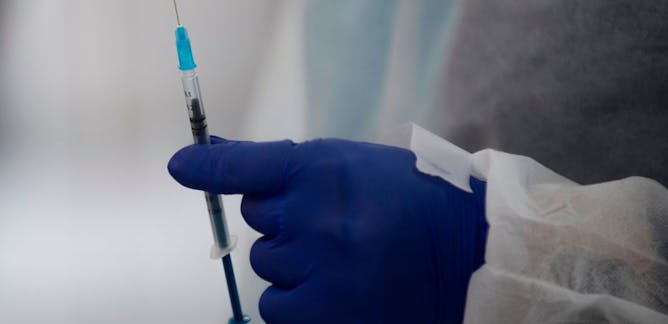
Ahmed Kalebi, University of Nairobi
Even those that live in areas where the population has already been vaccinated would not be totally protected if the virus mutates elsewhere.
|
|
|
Politics
|
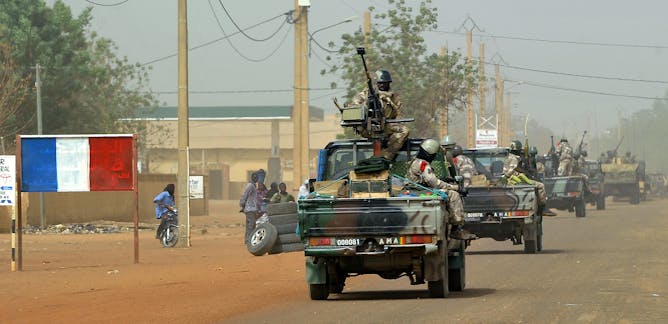
Olayinka Ajala, Leeds Beckett University
Although there had been an increase in violence in Niger since the last election results were announced, the attempted coup, on March 31, raised concerns to a new level in the volatile country.
| |

Herman Wasserman, University of Cape Town; Dani Madrid-Morales, University of Houston
Researchers found that both Kenyans and South Africans have a broadly negative view of China, possibly amplified by the pandemic.
|
|
|
Education
|
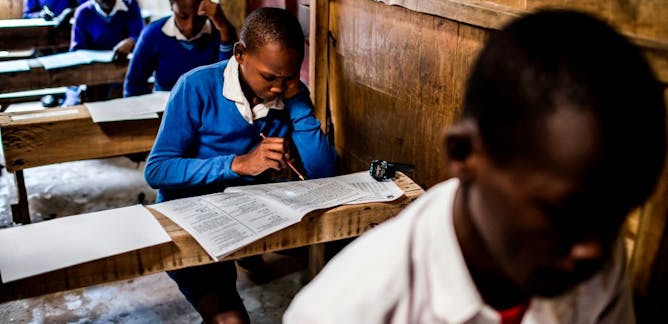
Caroline Sabina Wekullo, Masinde Muliro University of Science and Technology
No single factor can entirely account for students’ persistence and it's important to take an integrated approach to keep more children in school.
| |
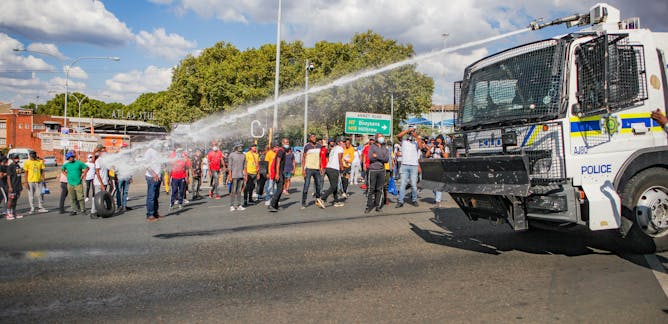
Gerald Wangenge-Ouma, University of Pretoria
South Africa's economic challenges and the high number of students from poor and working class families call for a funding model that doesn't create an affordability crisis for students and the state.
|
|
|
From our international editions
|
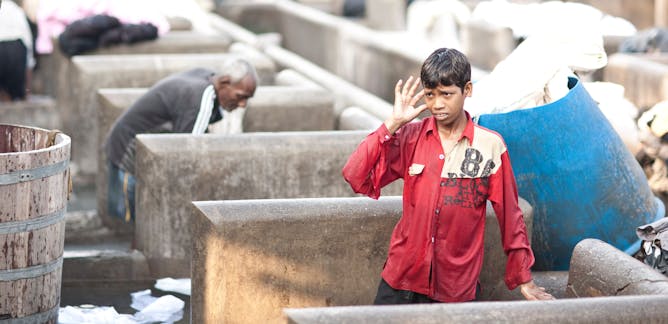
Srilata Sircar, King's College London; Vignesh Rajahmani, King's College London
A recent report has recommended 'blind' recruitment for India's civil service to prevent caste discrimination. But this is unlikely to solve the problem of entrenched privilege.
| |

Jordy Lee, Colorado School of Mines; Morgan Bazilian, Colorado School of Mines
Right now, the nation is almost entirely dependent on other countries for minerals that are used in everything from wind turbines to strike fighters and satellites.
|
|
|
En Français
|
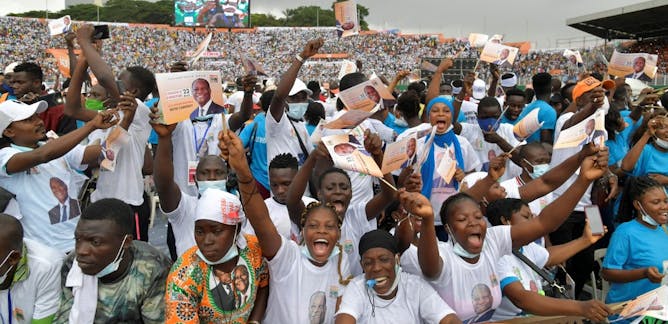
Joël Fabrice Djaha, Université Félix Houphouët-Boigny. Cocody, Côte-d'Ivoire; Anne Bekelynck, Institut de recherche pour le développement (IRD)
Une étude poussée des contenus postés sur Facebook en Côte d’Ivoire depuis le début de la pandémie montre que la défiance envers le pouvoir provoque souvent un rejet des mesures sanitaires.
| |
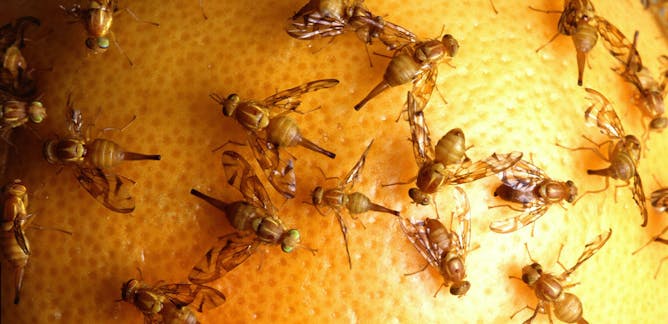
Camille Bernery, Université Paris-Saclay; Boris Leroy, Muséum national d’histoire naturelle (MNHN); Christophe Diagne, Université Paris-Saclay; Franck Courchamp, Université Paris-Saclay
Les invasions biologiques sont une menace importante pour la biodiversité, mais elles coûtent aussi très cher à nos sociétés. Une étude estime ce coût à plus de 1000 milliards de dollars depuis 1970.
|
|
|
| |
Featured events
|

|
Robert Sobukwe Road, University of the Western Cape, Bellville, Cape Town, Western Cape, 7535, South Africa — University of the Western Cape
|

|
Robert Sobukwe Road, University of the Western Cape, Bellville, Cape Town, Western Cape, 7535, South Africa — University of the Western Cape
|
|
|
|
| |
| |
| |
Would you like to republish any of these articles?
|
|
It’s free to republish, here are the guidelines.
Contact us on africa-republish@theconversation.com in case you need assistance.
|
| |
| |
| |
| |
|
|
|
|
|
|
|